
What exactly is “smartness,” and how and why has it come to be not only a desirable goal, but something that must be implemented everywhere?
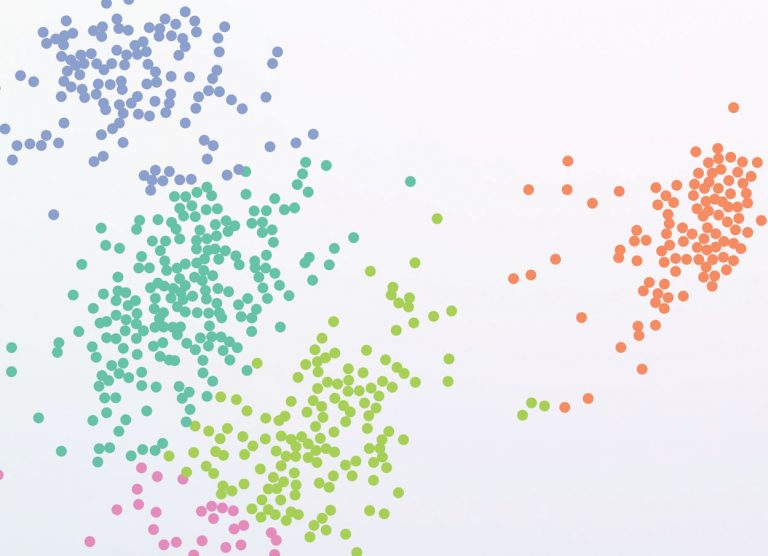
In this book meet the people who design the algorithms that capture our musical tastes.

Today, it is of utmost relevance to study people’s attitudes, motives, and behaviours in relation to the fact that we live in a culture of surveillance. This includes the need for cultural and ethical perspectives to understand and nuance contemporary discussions on surveillance, not least in the highly digitalised context of the Nordic countries.

This book examines emerging automated technologies and systems and the increasingly prominent roles that each plays in our lives and our imagined futures.
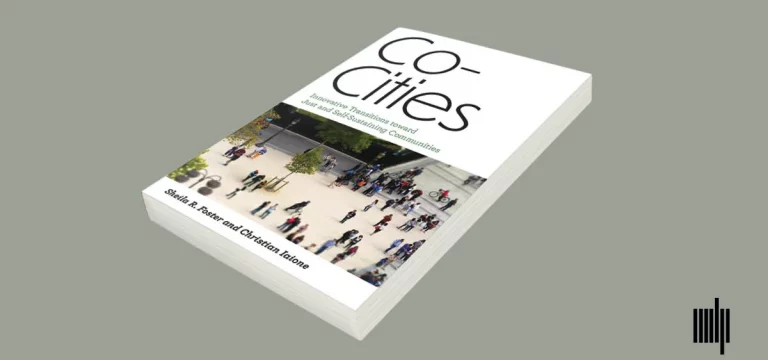
A new model of urban governance, mapping the route to a more equitable management of a city’s infrastructure and services.
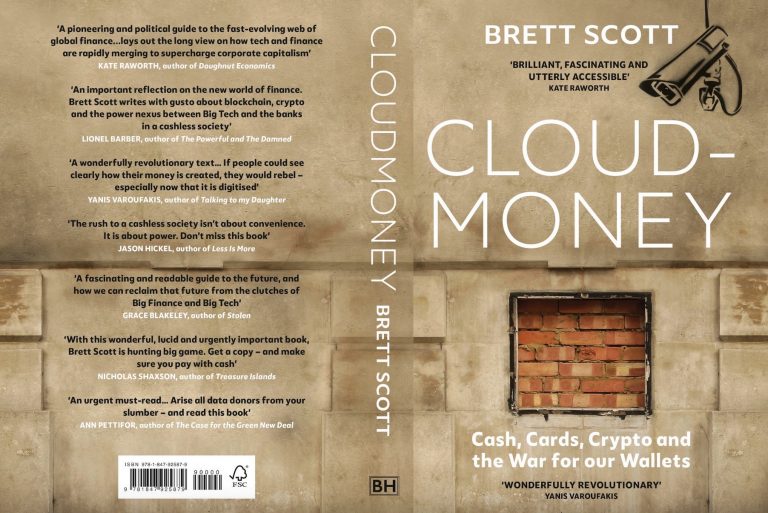
In Cloudmoney, Brett Scott tells an urgent and revelatory story about how the fusion of Big Finance and Big Tech requires “cloudmoney”—digital money underpinned by the banking sector—to replace physical cash.
Book is also available in German, Spanish, Dutch, Italian, Portuguese & Korean
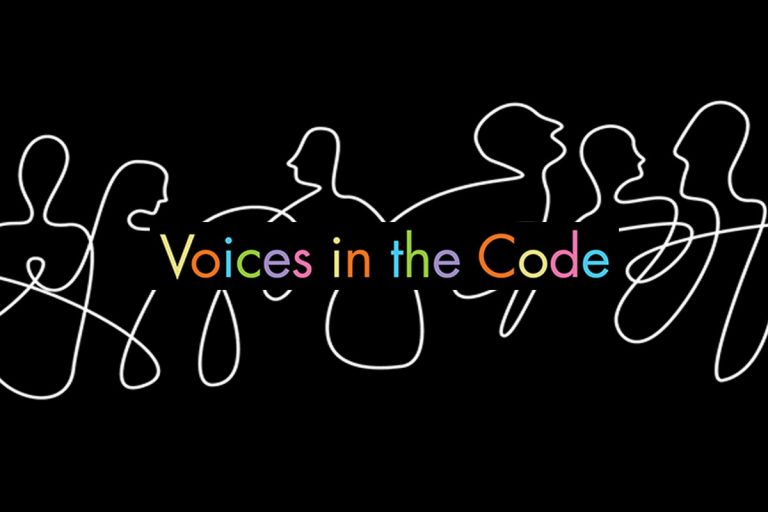
In Voices in the Code, scholar David G. Robinson tells the story of how one community built a life-and-death algorithm in a relatively inclusive, accountable way, and draws out lessons for the broader struggle to build technology in a democratic way.

PepsiCo’s award-winning chief design officer reveals the secret to creating life-changing innovations: putting human needs at the center of any design process.
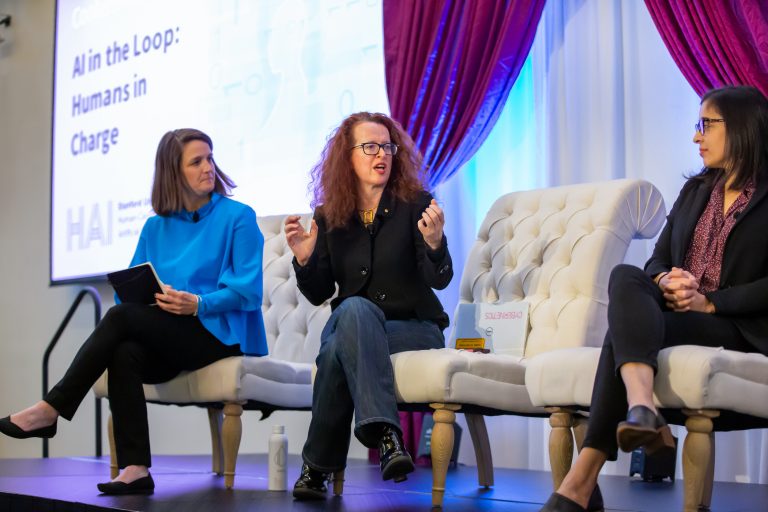
At the "AI in the Loop: Humans in Charge" conference, which took place Nov. 15 at Stanford University, panelists proposed a new definition of human-centered AI – one that emphasizes the need for systems that improve human life and challenges problematic incentives that currently drive the creation of AI tools.

Political and Social Conflicts in Participatory Design Thinking

These are guidelines for any individual or organisation interested in designing, planning, and implementing a citizen participation process. The guidelines walk the reader through ten practical steps, and detail eight different methods that can be used to involve citizens in policy making. This publication is illustrated with good practice examples.

This book explores the application of service design to urban commons, focusing on the Reggio Emilia Ducal Palace in Italy.

How can freedom and democracy survive in a world of powerful digital technologies?

The first book to take an interdisciplinary and international approach to understanding how our everyday lives are being affected by automated decision-making.

Emerging Technologies / Life at the Edge of the Future invites us to think forward from our present moment of planetary, public and everyday crisis, through the prism of emerging technologies.

This book advances the practice and theory of design ethnography. It presents a methodologically adventurous and conceptually robust approach to interventional and ethical research design, practice and engagement.
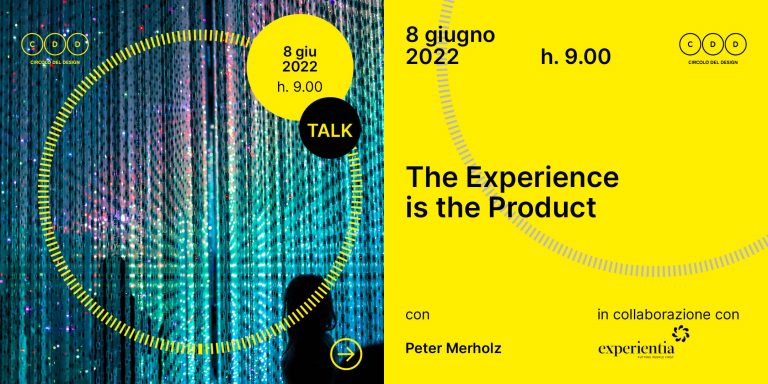
Peter Merholz will be speaking in Torino (Turin, Italy) on Wednesday 8 June. The 9am morning talk will take place in the courtyard of the Circle of Design.
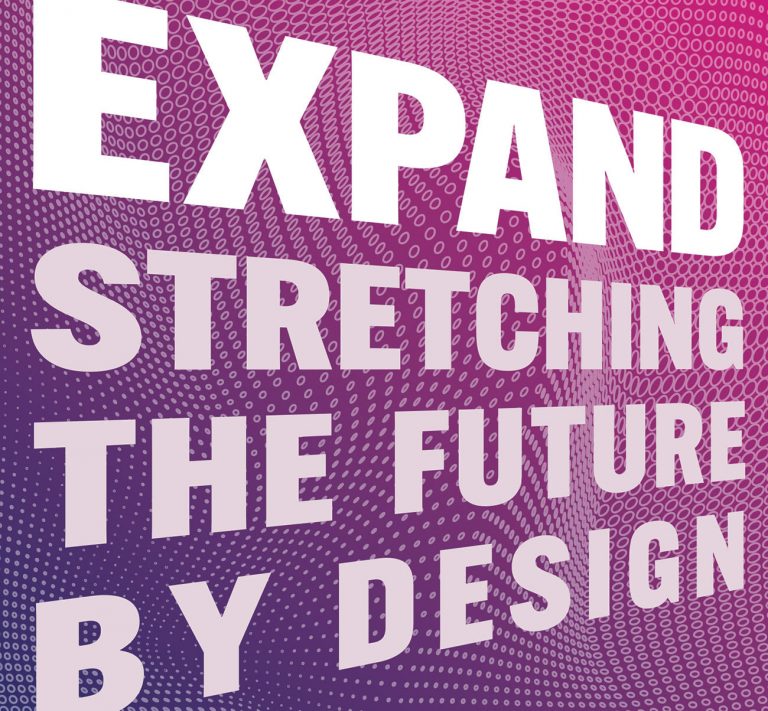
From transforming the ways we do business and reimagining health care, to creating planet-restoring housing and humanizing our digital lives in an age of AI, Expand explores how expansive thinking across six key areas—time, proximity, value, life, dimensions, and sectors—can provide radical, useful solutions to a whole host of current problems around the globe.
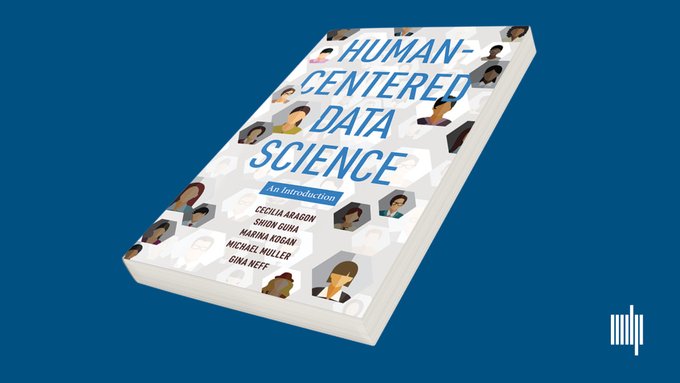
Best practices for addressing the bias and inequality that may result from the automated collection, analysis, and distribution of large datasets.

The definitive introduction to the behavioral insights approach, which applies evidence about human behavior to practical problems.




















